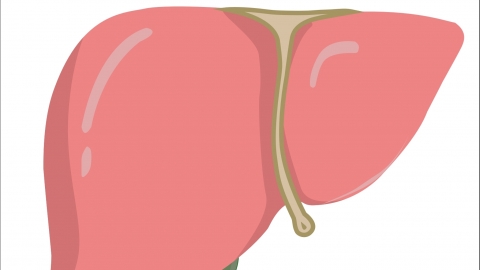Can Hepatitis B 'small three positives' resolve on their own?
Generally, "small three positives" in hepatitis B refers to a positive test result for hepatitis B surface antigen (HBsAg), hepatitis B e antibody (HBeAb), and hepatitis B core antibody (HBcAb). Whether it can resolve spontaneously mainly depends on the patient's specific condition. If the patient has a strong immune system, spontaneous recovery is usually possible; however, if the immune system is weak, self-resolution may not occur. If any discomfort is present, timely medical consultation is recommended. Detailed explanation is as follows:

When the patient's immunity is strong, immune cells can generate specific antibodies and cellular immune responses against the virus, thereby suppressing viral replication and spread. During this process, the hepatitis B surface antigen may gradually decrease and eventually disappear, achieving spontaneous recovery.
If the patient's immunity is weak, the immune system may not effectively combat hepatitis B virus infection, allowing the virus to continuously replicate in the liver and cause liver damage, thus preventing spontaneous recovery. It is recommended to seek timely medical attention, identify the cause, and undergo symptomatic treatment under the guidance of a qualified physician.
Patients with "small three positives" in hepatitis B are advised to undergo regular checkups at the hospital, including liver function tests, hepatitis B DNA testing, and liver ultrasound examinations. Dietary intake should be light to avoid placing excessive burden on the liver. Patients can also consume more high-quality protein sources such as fish, shrimp, chicken, duck, milk, and eggs. These foods are not only easy to digest but also provide essential nutritional support for liver health.






